Bajra, also known as pearl millet, is a rich source of dietary fiber, offering significant benefits for digestive wellness. The fiber content in bajra aids in maintaining regular bowel movements, preventing constipation, and promoting overall digestive health. The insoluble fiber present in bajra adds bulk to stool, helping it move smoothly through the digestive tract and supporting the elimination of waste from the body. Additionally, fiber acts as a prebiotic, nourishing the beneficial gut bacteria, which contributes to a healthy gut microbiome and better digestion. Regular consumption of bajra as part of a balanced diet can aid in improving digestive wellness and promoting a healthy gut.
Table of Contents
What Is Fiber?
Fiber, also spelled "fibre," refers to the indigestible part of plant foods, such as fruits, vegetables, grains, nuts, and seeds. It's a type of carbohydrate that the body cannot digest or absorb. Instead, it passes relatively intact through the digestive system, playing a crucial role in maintaining digestive health and overall well-being.
There are two main types of dietary fiber:
- Soluble Fiber: This type of fiber dissolves in water to form a gel-like substance in the digestive tract. It can help lower cholesterol levels and stabilize blood sugar levels. Good sources of soluble fiber include oats, beans, lentils, fruits (like apples and oranges), and some vegetables.
- Insoluble Fiber: Insoluble fiber does not dissolve in water and adds bulk to stool. It helps prevent constipation by promoting regular bowel movements and supporting the efficient passage of waste through the digestive system. Whole grains, vegetables (such as broccoli and carrots), and nuts are examples of foods rich in insoluble fiber.
Both types of fiber are essential for maintaining a healthy digestive system, preventing constipation, managing weight, and supporting overall health. A balanced diet that includes a variety of fiber-rich foods is crucial for optimal health and wellness.
Is Bajra Rich In Fiber?
Yes, bajra, also known as pearl millet, is considered a good source of dietary fiber. It contains both soluble and insoluble fiber, making it beneficial for digestive health. The fiber content in bajra contributes to its ability to promote regular bowel movements, prevent constipation, and support overall digestive wellness. Consuming bajra in various forms like rotis (flatbreads), porridge, or mixed grain dishes can help increase fiber intake as part of a balanced diet.
How Does Fiber Help You?
Dietary fiber offers several health benefits:
- Improved Digestive Health: Fiber adds bulk to stool, aiding bowel movements and preventing constipation. It supports a healthy digestive system by promoting regularity.
- Supports Gut Health: Certain fibers serve as prebiotics, nourishing beneficial gut bacteria and promoting a healthy gut microbiome. This can aid digestion, enhance nutrient absorption, and bolster the immune system.
- Helps Control Blood Sugar: Soluble fiber, found in foods like oats and legumes, can moderate blood sugar levels by slowing down the absorption of sugar, helping to prevent rapid spikes.
- Lowers Cholesterol: Some types of fiber, particularly soluble fiber, can help lower LDL (bad) cholesterol levels, potentially reducing the risk of heart disease.
- Aids Weight Management: High-fiber foods tend to be more filling, which can help control appetite and reduce overall calorie intake, supporting weight management efforts.
- Supports Heart Health: Fiber intake has been linked to a lower risk of heart disease due to its potential to reduce blood pressure and improve cholesterol levels.
Does Fiber Aid In Digestion?
Yes, bajra, also known as pearl millet, contains dietary fiber, which can aid digestion. The fiber content in bajra helps promote healthy digestion by adding bulk to the stool, preventing constipation, and supporting regular bowel movements. Additionally, its fiber content can contribute to maintaining a healthy gut environment by supporting beneficial gut bacteria. Consuming bajra as part of a balanced diet may assist in easing the digestion process and promoting overall digestive wellness.
How Does Bajra Help In Digestion?
The fiber in bajra aids in maintaining regular bowel movements, preventing constipation, and supporting overall digestive health. Insoluble fiber adds bulk to stool, facilitating its movement through the digestive tract and promoting waste elimination. Including bajra in the diet, either in the form of rotis (flatbreads), khichdi (mixed grain dish), porridge, or other preparations, can significantly contribute to one's daily fiber intake, supporting overall health and wellness.


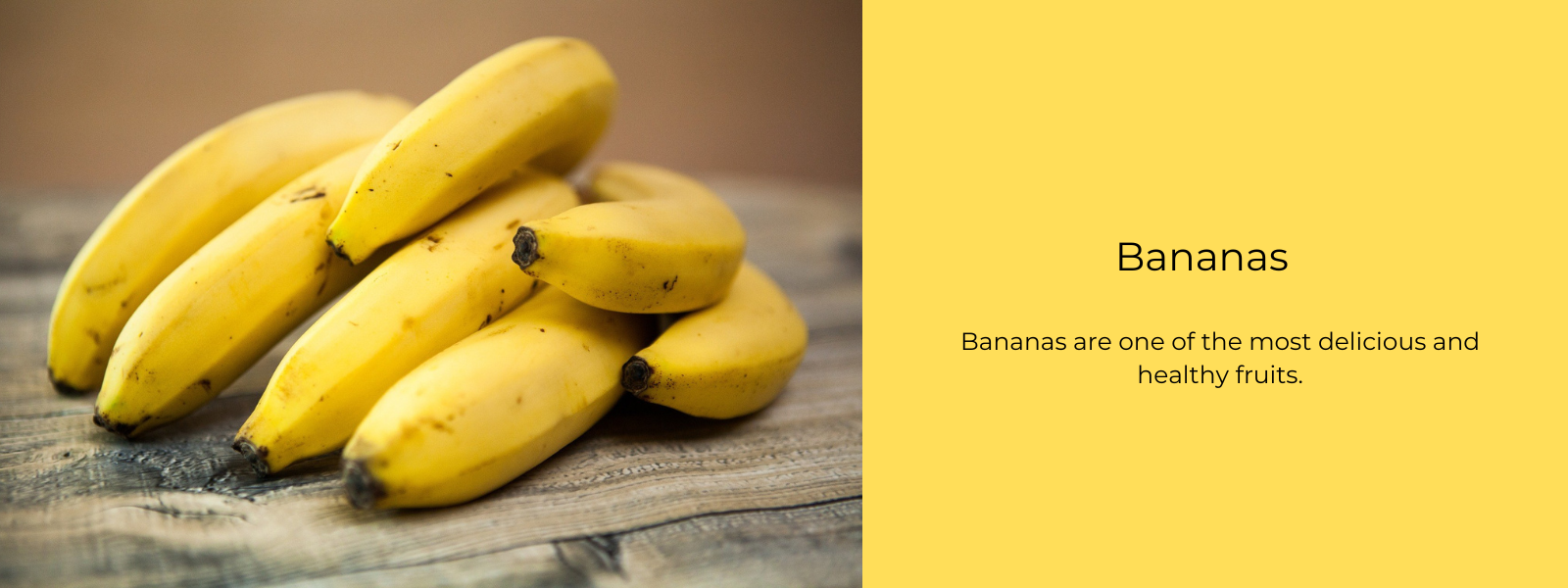
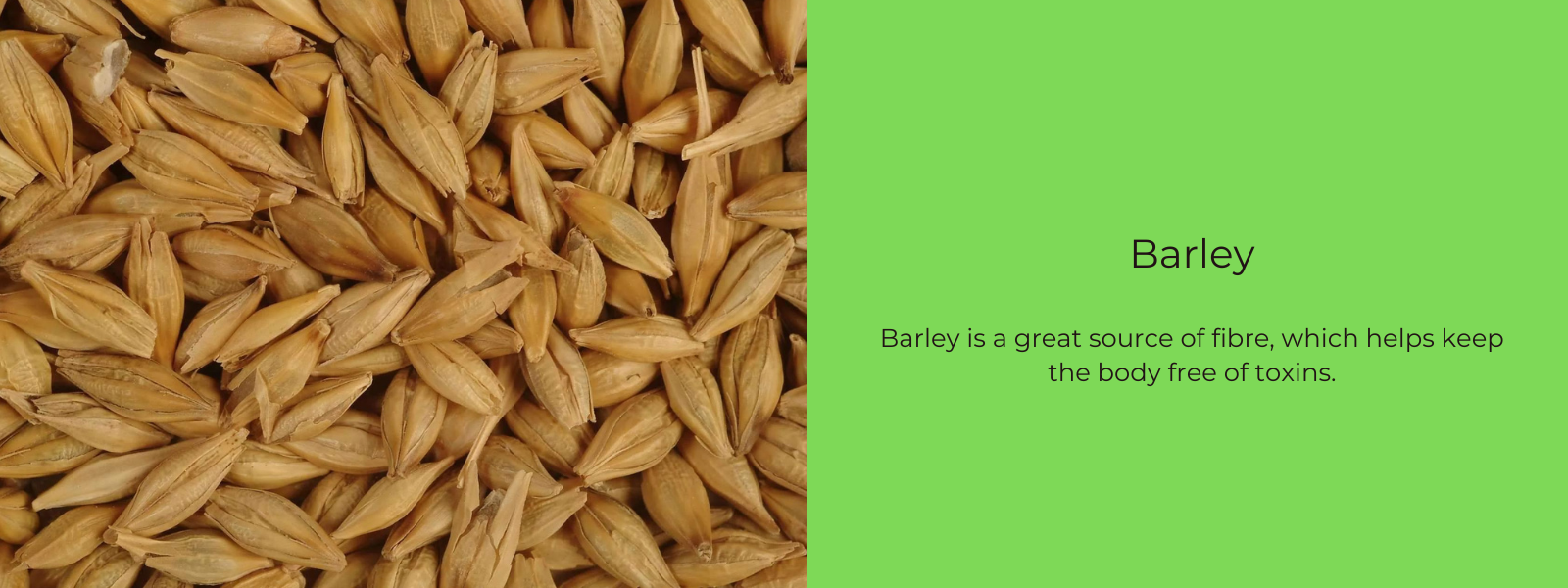
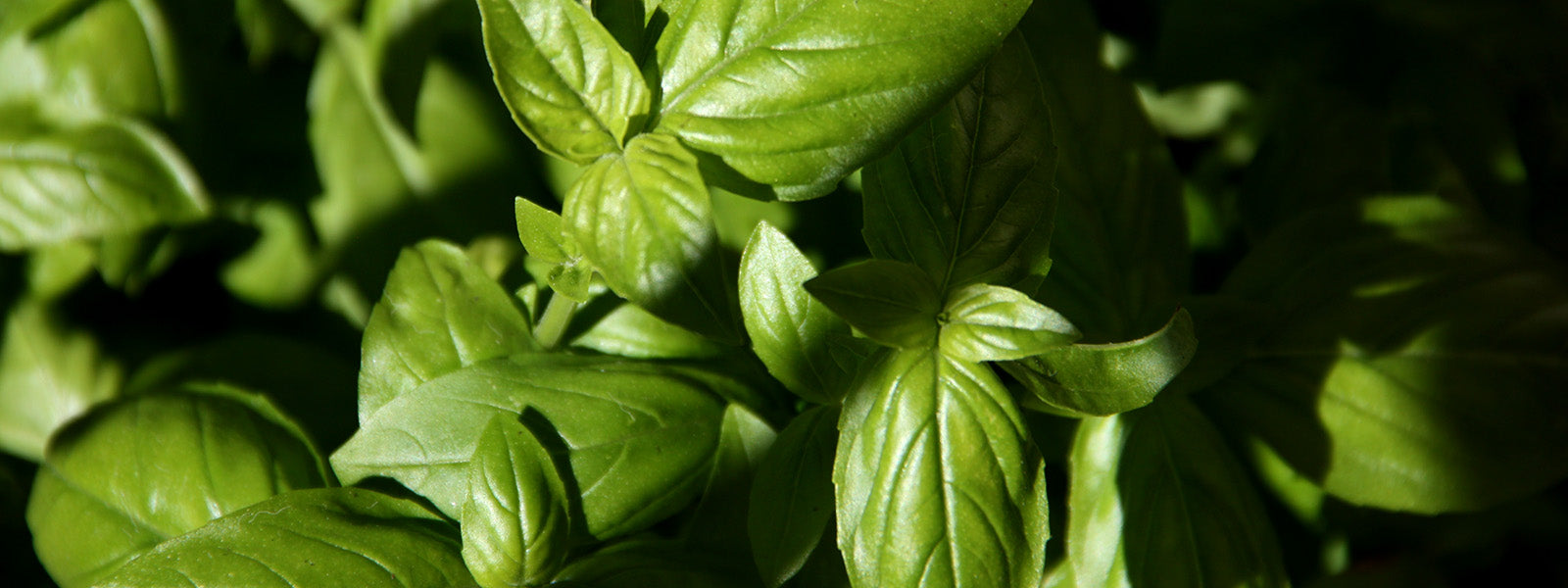
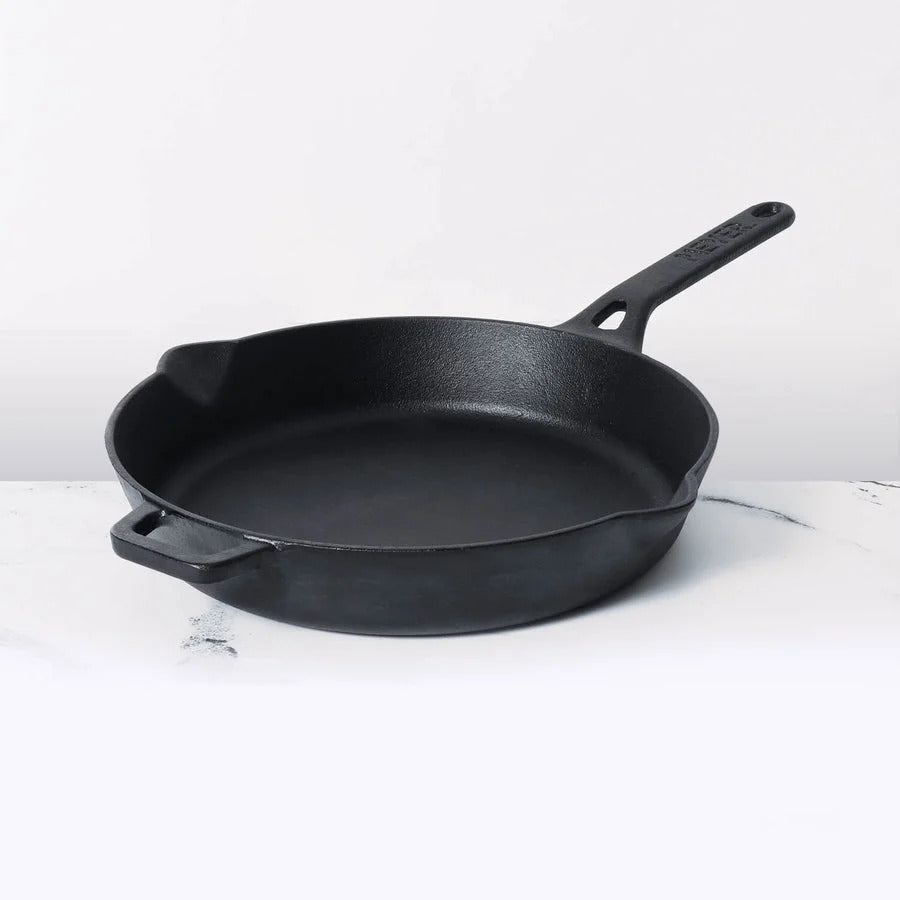
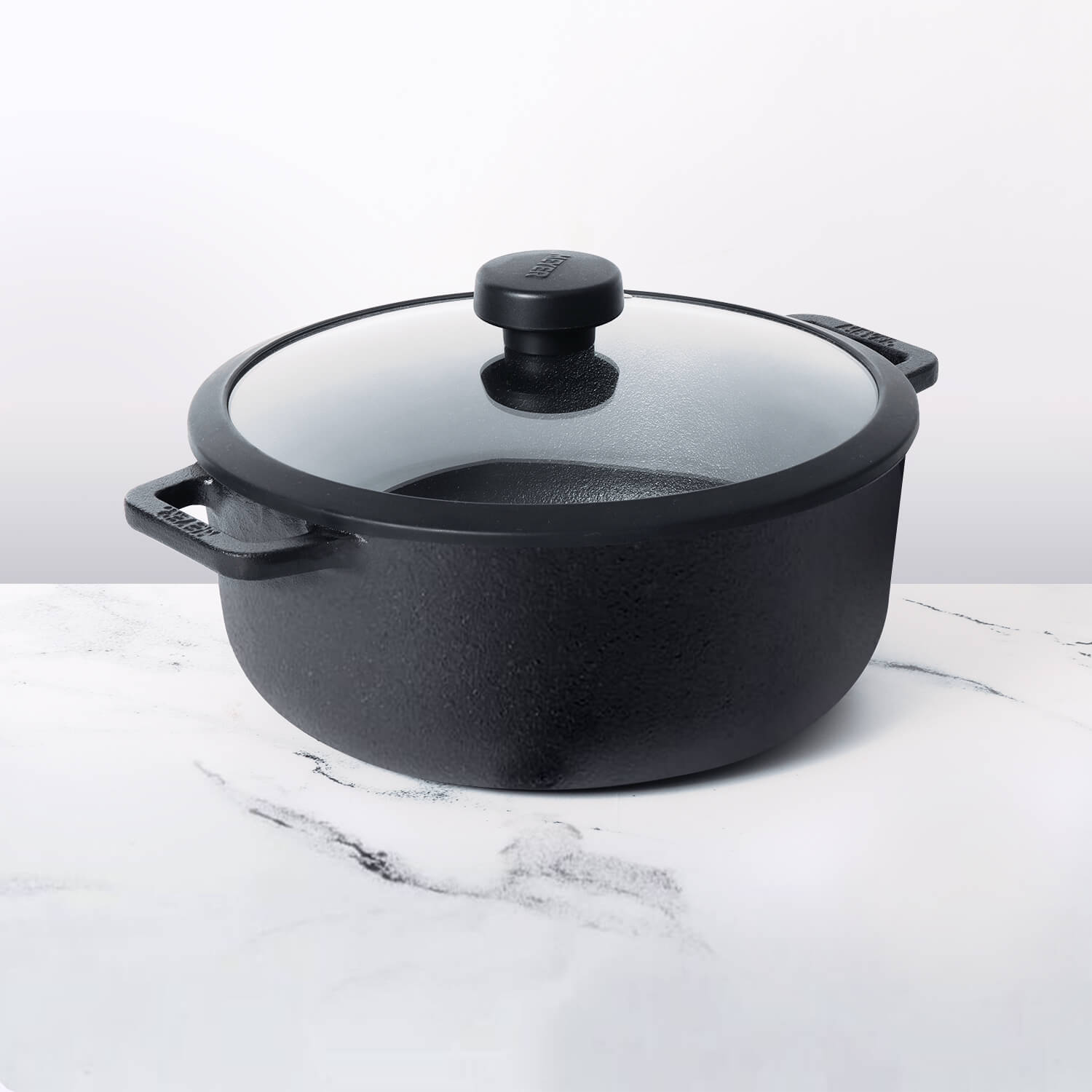




Leave a comment